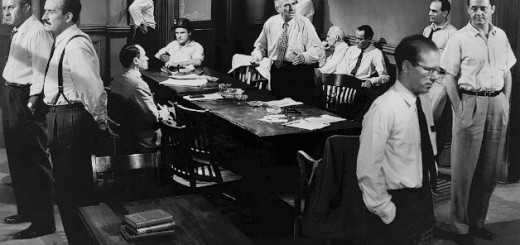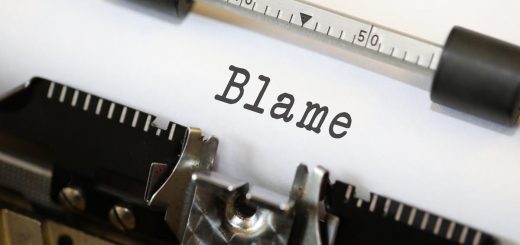Update on R v Riesberry: it’s more than just a game.
Some time ago, I wrote a piece on the one line Supreme Court of Canada (“SCC”) holding that the appeal in R v Riesberry [Riesberry] is to be dismissed. In that article, I purported to prognosticate on the ratio to be derived from what, on the facts, appears to be a straightforward case. Briefly: a professional horse trainer was caught on tape doping two horses before two races, in an effort, clearly, to give them an advantage. He was charged with cheating in a game and fraud. The trial judge acquitted him, saying that horseracing isn’t a game, and that there was no evidence that anyone changed their betting strategies in reliance on the fraud.
On December 18, 2015, the SCC closed its year by releasing the reasons for its decision. To be clear before we go forward:
Here is the Ontario Court of Appeal decision.
Here is the original, laconic October holding.
Here are the SCC’s reasons.
At that time, my main prognosis had been that the SCC would decrease the burden on the Crown to establish deprivation in fraud cases by saying that where there existed a reliance on a regulatory scheme (in this case, reliance by bettors on the Rules of Standardbred Racing, 2008, among others), deprivation would be established where the alleged fraudster is in violation of the regulatory scheme (as the cheating horse trainer obviously was).
Having the benefit of the reasons, I can see that my prognosis was in the right vein, although as it turned out, it wasn’t broad enough in its sweep. Although the ratio does reduce the burden on the Crown for establishing fraud, it does so even more broadly:
“Proof of fraud does not always depend on showing that the alleged victim relied on the fraudulent conduct or was induced by it to act to his or her detriment. What is required in all cases is proof that there is a sufficient causal connection between the fraudulent act and the victim’s risk of deprivation” (para 22).
That is: quite apart from any considerations of the regulatory scheme, legally the victim does not need to rely on some fraudulent statement or act in order to experience risk of deprivation. All that needs to be shown is that the fraudulent practice somehow caused a risk of deprivation, whether or not the victim relied on the fraud, or even knew about it.
This makes perfect sense in a case like Riesberry. It is completely 100% intuitive to say that the horse trainer committed fraud, even though the betting public (obviously) had no idea that it was going on. It’s enough that his actions caused an increase in the risk that people who bet on non-doped horses would unfairly lose their money, whether or not anybody knew about the fraud or relied on it.
Now we must wait and see how far this principle will be taken. For example, if I suddenly decide to abandon my legal career before it really starts and take up a life of crime, could I be convicted of fraud if I try to induce a sweet old lady into a questionable investment, but she doesn’t go for it? Possibly. My telling her that she should give me money to invest in lard futures certainly has a causal link to the risk that she does, indeed, invest into said futures and is taken for everything she’s got. Will that be enough? If I were the Crown, I would try to use Riesberry to say, “yes.” That “yes” would perhaps be somewhat more questionable and less intuitive… Perhaps heaping criminal liability on a complete failure of a con artist seems to be less necessary than preventing horse doping?
We might need another case to distinguish between situations where reliance is required, and where simpler cause and effect is enough.
PS: Thanks to Riesberry, we now also know for certain that horse racing could be a game. Finding out whether it actually is or not will have to wait until Mr. Riesberry’s new trial.








Join the conversation